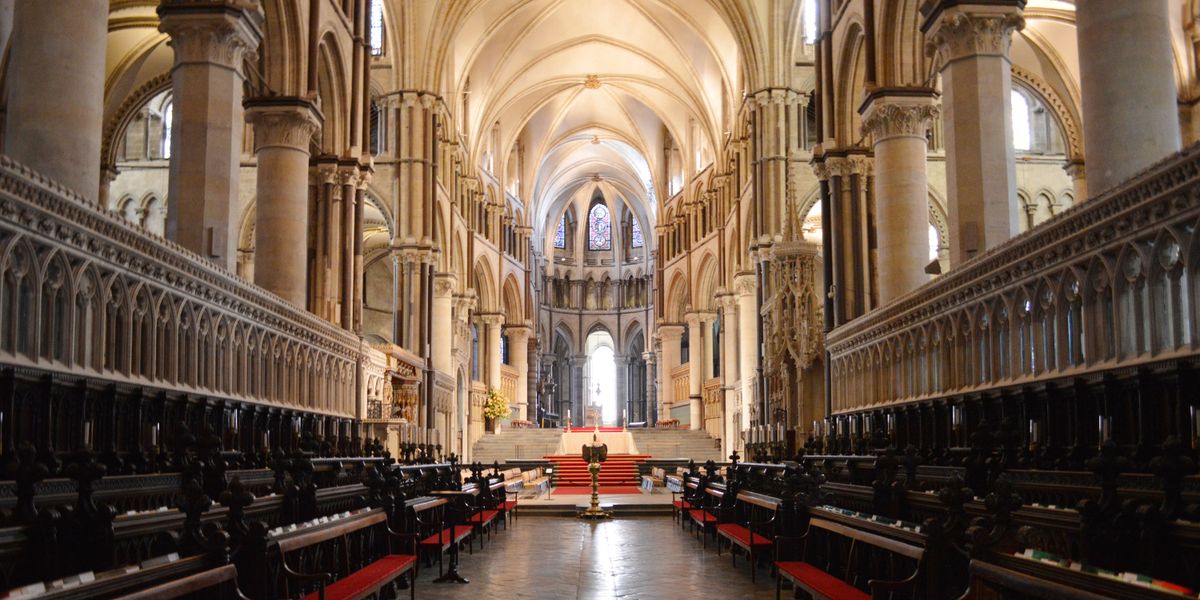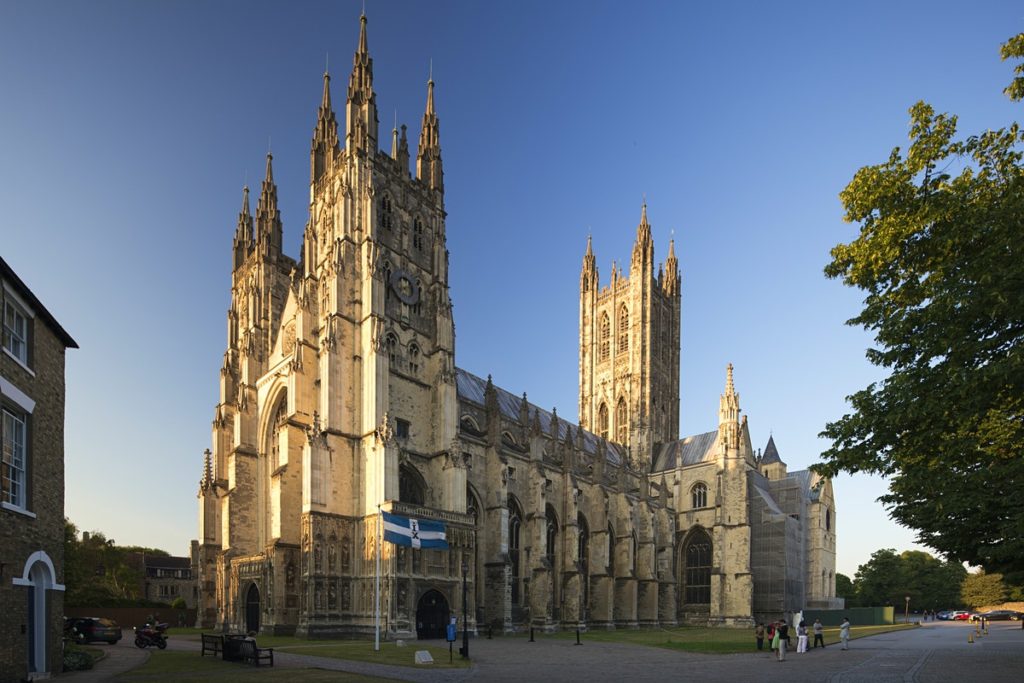On the BBC program Radio 4, the Archbishop of Canterbury the church’s portrayal of Jesus as white ought to be challenged.
The Anglican church should reconsider the way statues and other representations of Jesus portray him as white in the light of the Black Lives Matter protests, the archbishop of Canterbury has said.
…
Welby told BBC Radio 4’s Today programme: “Jesus is portrayed in as many ways as there are cultures, languages and understandings. And I don’t think that throwing out everything we’ve got in the past is the way to do it but I do think saying: ‘That’s not the Jesus who exists, that’s not who we worship,’ it is a reminder of the universality of the God who became fully human.”
He said that statues in Canterbury Cathedral would be under review on the back of the worldwide Black Lives Matter campaign to bring down monuments to controversial figures such as those engaged in the slave trade.
On the recent calls for statue removals, the archbishop said people should forgive the “trespasses” of people immortalised in the form of statues, rather than tearing them down.
The conservative Anglican Mainstream has approvingly posted Iconoclast Archbishop Trashes ‘White Jesus’.
A statement from Canterbury Cathedral:
Response to the Archbishop of Canterbury’s comments regarding statues

This morning’s comments by The Archbishop of Canterbury on the BBC’s Today Programme highlight the work already being undertaken by Canterbury Cathedral to identify items such as memorials, statues or heraldic images that may have links with colonialism or the slave trade, and to create clear contextual information that acknowledges the history of such objects in an honest and sensitive way.
All of the Cathedral’s items are being reviewed to ensure that any connected with slavery, colonialism or contentious figures from other historic periods are displayed with clear objective interpretations and contextual information, and are presented in a way that avoids any sense of aggrandisement.
We hope that by providing this context – and acknowledging any associated oppression, exploitation, injustice and suffering connected with these objects – all visitors can leave with a greater understanding of our shared history and be inspired to undertake further learning and discussion.
Acknowledging the nationwide approach to these issues, The Church of England’s Director of Churches and Cathedrals, Becky Clark, said: “There are monuments in our churches and cathedrals to individuals and events whose destructive impact is still being felt by people living in the UK today. Meaningful dialogue needs to engage with this reality, recognise that these voices have often not been listened to in the past, and make decisions that allow these unjust experiences to form a recognised part of both the history and future of our churches.”

